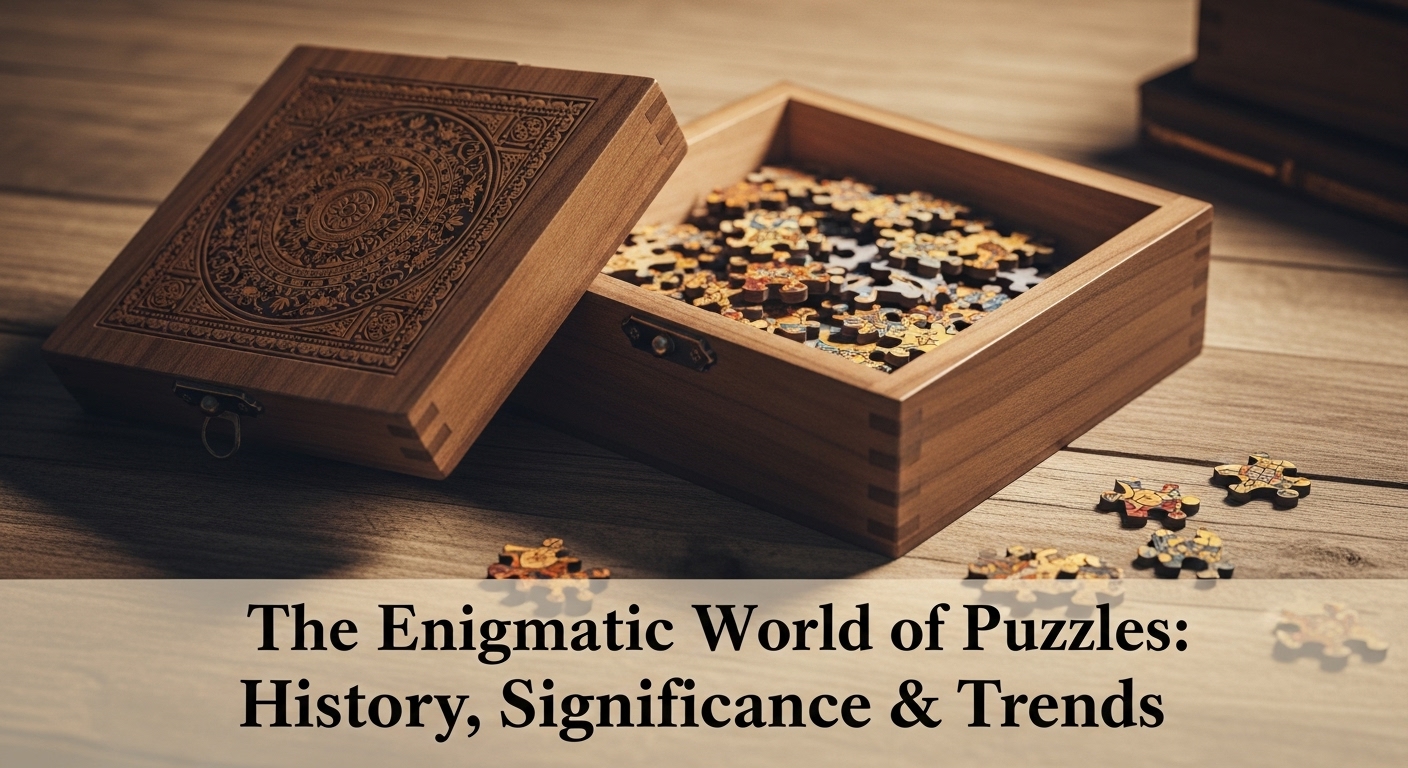Puzzle: Unraveling the Secrets of Mind and Entertainment
Introduction
Puzzles have been a beloved pastime for centuries, captivating the minds of people young and old with their challenge and intrigue. From simple jigsaw puzzles to complex brain teasers, these enigmatic games have a unique way of engaging our cognitive abilities and sparking our creativity. In this blog post, we will explore the fascinating world of puzzles, delving into their history, significance, applications, and future trends.
History of Puzzles
The origins of puzzles can be traced back to ancient civilizations, where they were used not only for entertainment but also for educational purposes. The earliest known puzzle dates back to the 3rd century BCE, with the invention of the dissection puzzle by Archimedes. Over the centuries, puzzles have evolved and diversified, taking on various forms such as riddles, mazes, and mechanical puzzles.
Significance of Puzzles
Puzzles play a crucial role in the development of cognitive skills, including problem-solving, critical thinking, and spatial reasoning. They are not only a fun way to pass the time but also a valuable tool for improving memory and concentration. Studies have shown that engaging in puzzle-solving activities can enhance brain function and stave off cognitive decline, making them an excellent mental workout for people of all ages.
Applications of Puzzles
Beyond their recreational value, puzzles have found applications in a wide range of fields, including education, psychology, and technology. In education, puzzles are used to teach various concepts and skills, from math and language to logic and reasoning. In psychology, puzzles are utilized as therapeutic tools to improve mental health and cognitive abilities. In technology, puzzles are employed in the development of artificial intelligence and problem-solving algorithms.
Future Trends in Puzzles
As technology continues to advance, the world of puzzles is also evolving. Digital puzzles have become increasingly popular, offering a new way to enjoy traditional games in a digital format. Virtual reality and augmented reality technologies are also being integrated into puzzle games, providing immersive and interactive experiences for players. Additionally, collaborative puzzles, where multiple players work together to solve a puzzle, are gaining traction, fostering teamwork and social interaction.
The Future of Puzzle: A Harmonious Blend of Tradition and Innovation
In conclusion, puzzles have stood the test of time as a timeless form of entertainment and mental exercise. From their ancient origins to their modern-day applications, puzzles continue to captivate and challenge us in new and exciting ways. As we look to the future, the world of puzzles is poised to embrace technological advancements while staying true to its roots. Whether you prefer a classic jigsaw puzzle or a cutting-edge digital game, there is a puzzle out there for everyone to enjoy. So grab a puzzle, sharpen your mind, and embark on a journey of discovery and delight.

